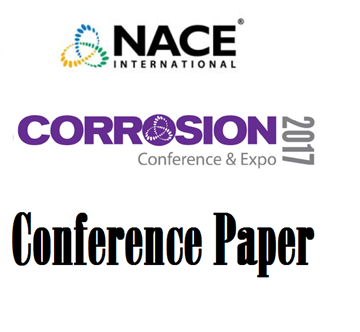Search
96140 COMPATIBILITY OF SELECTED CERAMICS WITH STEAM-METHANE REFORMER ENVIRONMENTS
Also Purchased
Review on the Heat-Resistant Stainless Steel Alloys Used for the Steam Methane Reformer Outlet Systems
Product Number:
51317--9351-SG
ISBN:
9351 2017 CP
Publication Date:
2017
$20.00
03657 Failure Mechanisms of Alloy 800H in Steam Reformer Furnace Pigtails
Product Number:
51300-03657-SG
ISBN:
03657 2003 CP
$20.00
98443 REMAINING LIFE ASSESSMENT OF STEAM/METHANE AND HYDROGEN REFORMER FURNACE TUBES
Product Number:
51300-98443-SG
ISBN:
98443 1998 CP
$20.00




